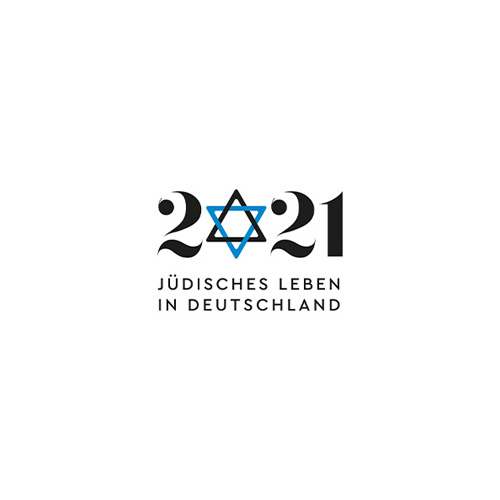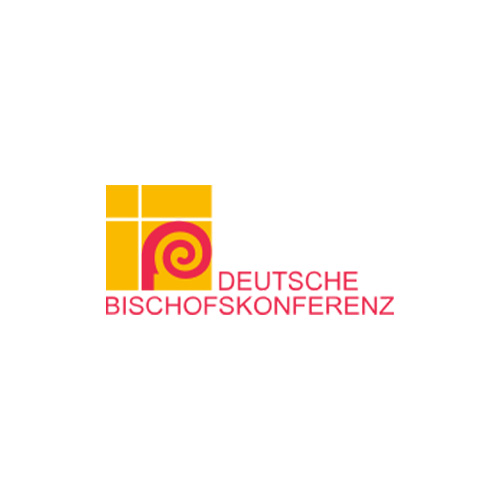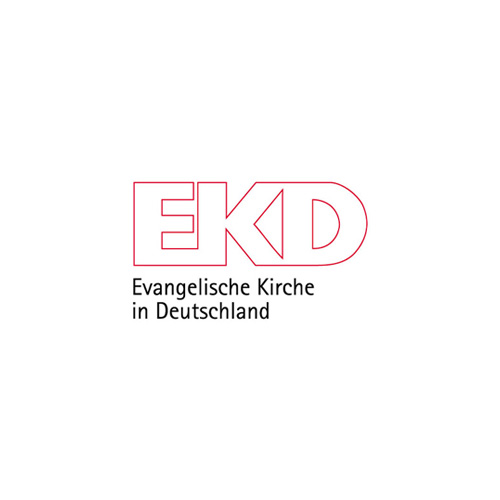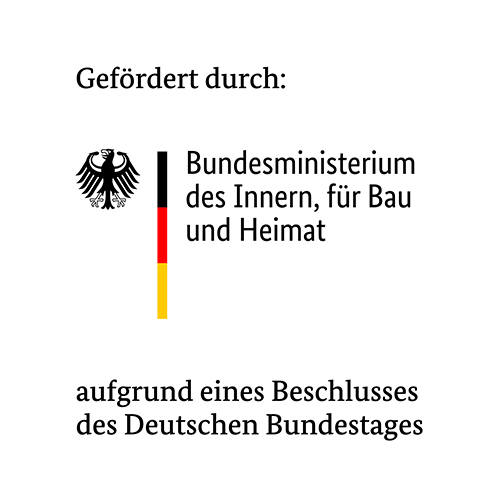Celebrating reconciliation: Teshuvah & Repentance
A Jewish voice
Short version
Rosh Hashanah and Yom Kippur are considered the High Holidays of Judaism because questions of life and death are reflected on them. „Who will live and who will die?“ asks a familiar prayer recited on the Jewish New Year and Day of Atonement. The intervening Ten Days of Repentance are devoted to work of self-critical accounting of life (“cheshbon hanefesh”), identifying failures, and trying to make first steps toward betterment, recognizing God’s parental patience and care, while witnessing human decisions.
But it is not enough to plead with God for forgiveness. People themselves must right the wrongs and injuries they have done to others: going to these people, asking for forgiveness and also granting forgiveness, making amends for the damage, is not secondary to prayer and fasting as a religious commandment. Only then there is a hope for reconciliation and people can dare to attempt a new beginning with God, with neighbors and also with themselves.
Long version
Text is coming
#Jewish & Christian – Closer than you think?!





